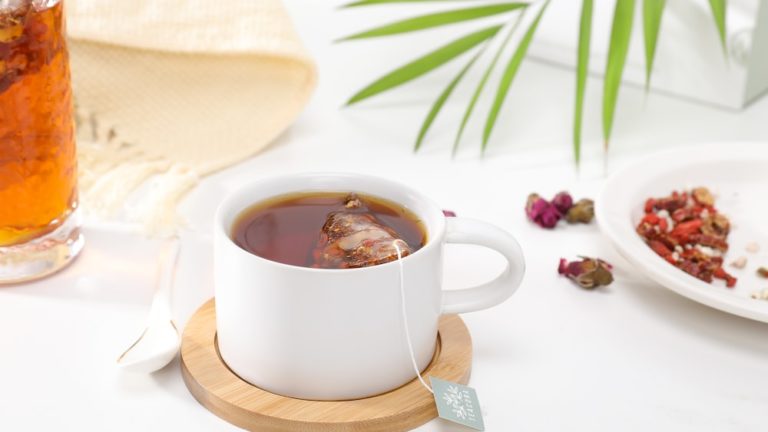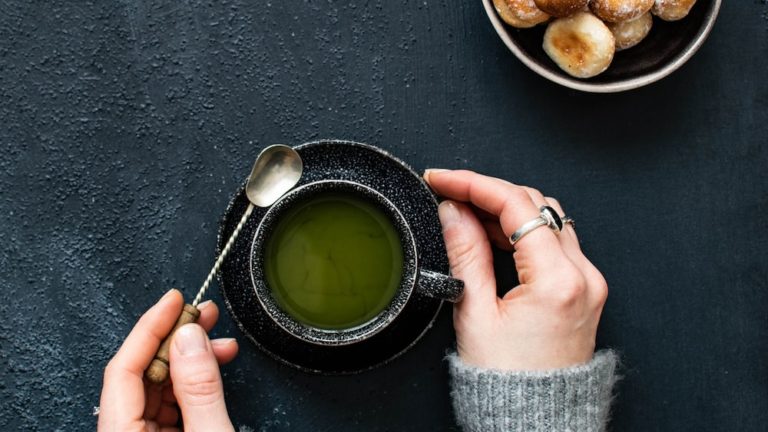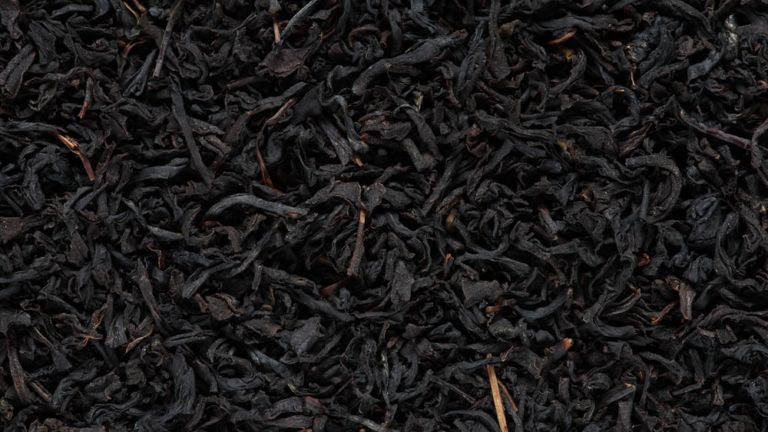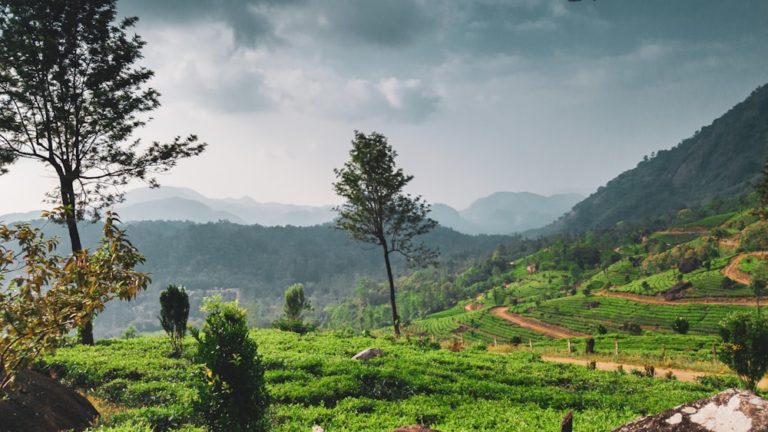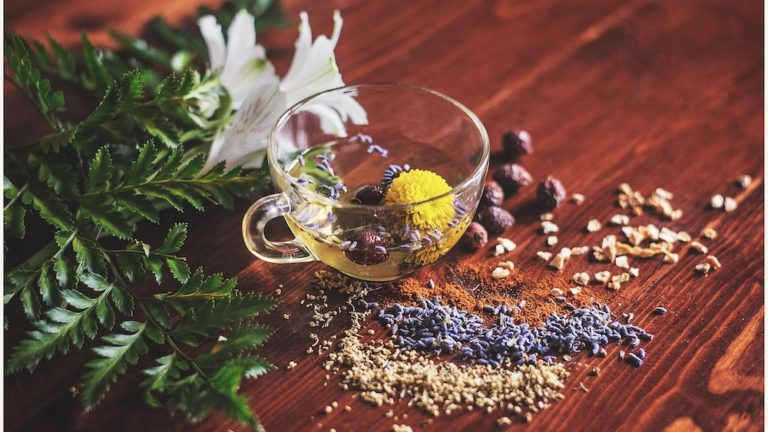Is Matcha Tea Safe For Pregnancy? Benefits, Risks, And Recommendations

Is Matcha Tea Safe For Pregnancy? Benefits, Risks, And Recommendations
You, my dear teacup clutchers, do you ever wonder what’s the scoop with matcha tea and pregnancy? Well, you’re in for a treat – or should I say a cupful of insight?
Matcha tea, with its vivid green hue and complex flavor, has taken the health and wellness world by storm. Much like a nervous cat in a room full of rocking chairs, many expectant mothers are twitching their noses at this emerald elixir, wondering, “Is this stuff safe during pregnancy?” Let’s spill the leaves on this one, shall we?
Understanding Matcha Tea
Now, allow me to take you on a brief, picturesque detour through the vibrant terrain of matcha tea. Get ready to unveil the mystique that surrounds this tea variant, sip- by tantalizing sip.
What is Matcha Tea?
Matcha – say it with me, “Mah-cha” – offers an experience akin to receiving a rejuvenating facial from Mother Nature herself. This long revered Japanese green tea is not just shade-grown, but uniquely stone-ground into a fine powder.
When you’re consuming matcha, you’re effectively consuming the entire tea leaf. This is what sets it apart from traditional green tea, where leaves are usually steeped and then discarded. As a result, matcha offers up a cocktail of nutrients far superior to that of its steeped sibling.
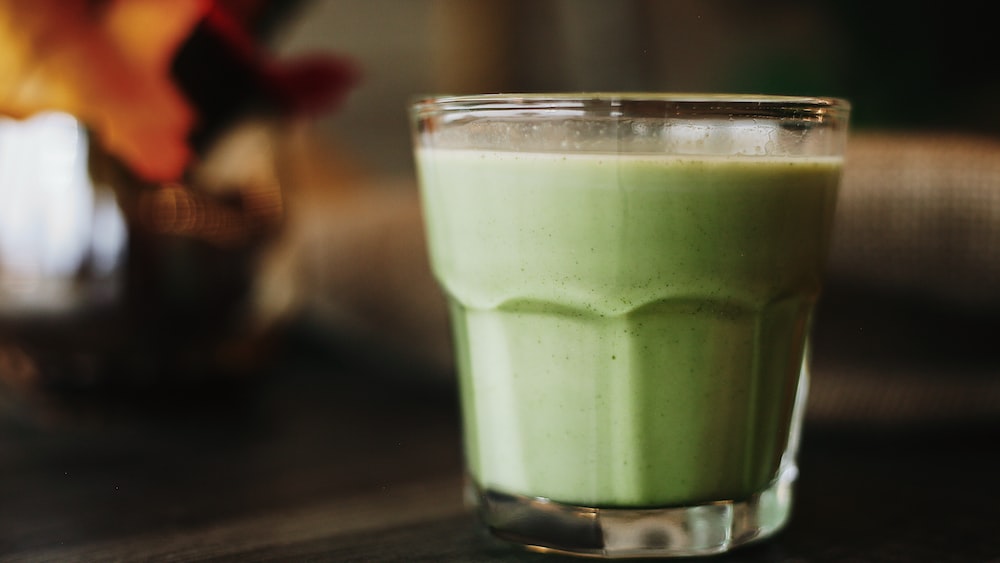
But, here’s the kicker – it’s not just about what’s in the tea, but how it’s served. Rather than beeping and wheezing like an unhappy kettle, matcha is stirred, whisked, even frothed into a delicious stream of verdant liquid. Now that’s worth raising a cup to!
Matcha is a unique, stone-ground green tea that offers a superior nutrient profile compared to traditional green tea, and its serving method adds to its delightful experience.
The History of Matcha Tea
Isn’t it magical how a scoopful of vibrant green powder can transport us to a realm thousands of years old? Originating from the tranquil Zen monasteries of Japan, Matcha is steeped in ancient rituals, offering an echo of peace in each sip.
Matcha’s journey might remind you of a reality show contestant, starting from humble beginnings, climbing the ranks of popularity, and finally, becoming a global sensation. From the quiet, soulful tea ceremonies of ancient Japanese monasteries to the bustling cafes of New York, matcha has surely come a long way.
At its core, matcha celebrates mindfulness, tranquility, and the pure joy of savoring a perfectly prepared cup of tea. Now, who can resist such a tea-riffic tale of history and health?
Matcha Tea and Pregnancy: The Connection
Pull up a chair, pour a cuppa, and let’s unravel the mystifying web connecting the jade-toned matcha to the miraculous world of pregnancy.
Is Matcha Tea Safe During Pregnancy?
Do you ever feel like the do’s and don’ts of pregnancy come at you faster than a barista on a caffeine kick? We feel you. Let’s keep it simple – when it comes to matcha tea and pregnancy, moderation is the key.
Exciting research highlights several benefits of matcha during pregnancy. But, like a sneaky little imp, it also brings with it a few concerns. The bottom line? Yes, matcha can be safe during pregnancy, but it’s crucial to balance its consumption and consult with your healthcare provider.
Benefits of Matcha Tea for Pregnant Women
So why envisage matcha as the new superhero on the pregnancy block? Studies suggest that drinking matcha tea during pregnancy might be the equivalent of putting your wellness on a high-speed bullet train.
Primarily, the rich antioxidant content in matcha is like a love letter to your body, helping combat cell damage and improve overall health. Matcha, in fact, trumps regular green tea when it comes to antioxidant levels. No more antioxidant envy, moms-to-be, matcha’s got your back!
Furthermore, matcha tea may also aid in maintaining healthy blood pressure and blood sugar levels during pregnancy, thanks to its star player – EGCG (epigallocatechin gallate).
The Concerns about Matcha Tea Consumption During Pregnancy
But don’t chug down that matcha pitcher just yet! It’s time we shed some light on the concerns surrounding matcha consumption during pregnancy.
Caffeine Content in Matcha Tea
It’s common knowledge that caffeine and pregnancy dance together about as seamlessly as a bear on roller skates.
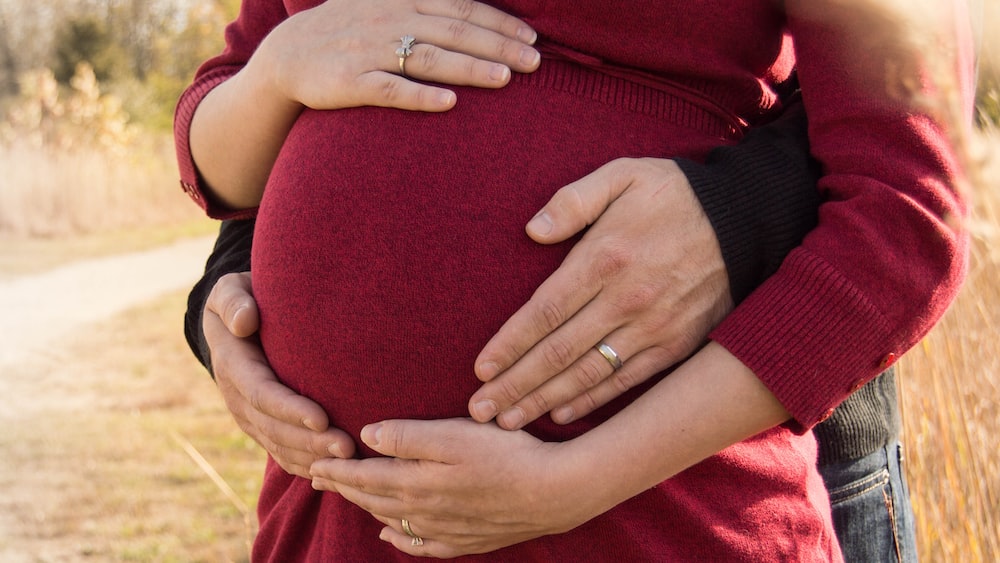
Matcha, despite waving the green flag of health, does contain caffeine. Perhaps akin to an over-enthusiastic party guest, caffeine can cross the placenta and impact your baby’s heart rate. Ergo, restricting your caffeine intake during pregnancy becomes a priority.
While the caffeine content in matcha is lower than that of a typical cup of coffee, it is significantly higher than regular green tea. So, pregnant tea enthusiasts, bear in mind that when it comes to matcha, less is more.
Impact of Matcha Tea on Iron Absorption
Fancy a cup of Matcha tea? If you’re pregnant, you better sit back and read up on this super drink’s intriguing propensity first. The antioxidant-packed brew is a known iron absorber. That sounds like a superhero feature, right? Well, let’s not get overzealous here.
What this means is that matcha tea can interfere with the body’s ability to absorb iron, which might sound less appealing when you understand that this kind of tea is not just sipping on a tranquil splash of serenity. It’s rather like being the third wheel on an iron-absorbing date. And pregnant women need a healthy iron supply more than anyone! Quite the ironic twist, isn’t it?
How Much Matcha Tea Can You Drink When Pregnant?
Whoa there! Steady on, matcha drinkers! Given the brewing concerns shared earlier – your developing love-hate relationship with caffeine and that awkward third-wheel scenario with iron – you might need to rethink the whole plan with matcha tea during pregnancy.
Recommended Matcha Tea Intake for Pregnant Women
Now that we’ve pricked your conscience about matcha and pregnancy, don’t fear – moderation is key! Most health experts and granny’s traditional wisdom both agree that one cup daily would serve you tastefully with all the great benefits of matcha, minus the concerns. But every rose has its thorn.
Balancing the joy of matcha with its potential effects on your growing baby’s health requires a sensible approach. Read reviews of different brands, consult with your healthcare provider, and while you’re at it – maybe even throw a dart on a tea-choice board!
Moderation is key when it comes to consuming matcha during pregnancy, with one cup a day being the recommended amount for enjoying its benefits while minimizing any potential risks to your baby’s health.
Factors to Consider When Drinking Matcha Tea During Pregnancy
When you’re expecting, everyday decisions like sipping your favorite green tea can seem as complex as a tightrope walk over Niagara Falls. But let’s keep our feathers unruffled here, future moms. Choosing to drink matcha during pregnancy requires some thoughtful consideration.

First on the agenda? Time your tea right! Timing your tea intake around meals may help mitigate matcha’s iron-blockade tendencies. It’s like scheduling a meeting between a cat and a dog – better not to do it over food, lest you want a standoff.
Next up, look at your pre-existing iron status. Those with low iron might need to be more vigilant about their matcha intake. Balance your diet with iron-rich foods and perhaps play a game of see-saw to make sure everything stays in equilibrium.
Alternatives to Matcha Tea During Pregnancy
If all of this careful navigating has turned you a bit matcha-weary, fear not! There is an ocean full of suitable, safer, and equally tantalizing substitutes for your ambitious ride-or-die matcha tea!
Other Safe Beverages for Pregnant Women
Fear not, thirsty matcha fans! As one door closes, countless others spring wide open. In the tea kingdom, there’s always a fresher, zestier alternative for the curious sipper.
Peppermint tea, for instance, flaunts its remedial cape with pride, offering a potent remedy for morning sickness. It’s the superhero beverage that arrives just in time to save your day!
Raspberry leaf tea emerges from the underbrush, a wild and wise companion, long celebrated for toning the womb and easing labor pains. It’s the Gandalf of the tea world, aiding you on your epic journey!
Finally, the humble but steadfast chamomile awaits, ready to cradle weary mothers-to-be like a warm, fluffy blanket. It calms your anxieties and lulls you to sleep, like being tucked in by Mother Nature herself!
Decaffeinated Matcha: Is it a Good Option?
With a dramatic drumroll, let’s unveil the surprise guest – decaffeinated matcha tea! It sounds like the best of both worlds, right? All the benefits, none of the caffeine-related risks.
Well, before you start throwing confetti and declaring a day of national celebration, it’s good to keep in mind that decaffeinated doesn’t mean caffeine-free. It’s like a scene from a quirky sitcom where a character tries to throw out a bad habit, only to find it lingering at the edges.
Decaf matcha still contains small amounts of our jittery companion, caffeine. Still, for some, this could be the perfect compromise, but remember to go through those detailed reviews prior to making a choice.
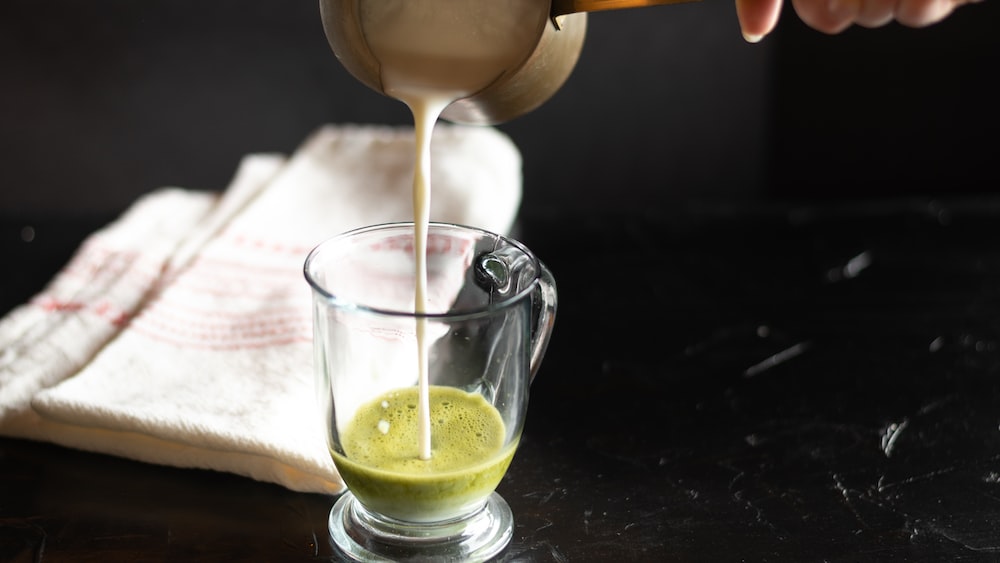
Matcha Tea and Post-Pregnancy
Before you bid farewell to your pregnancy days and embark on the grand journey of motherhood, you might be pondering on whether the verdant, radiant world of matcha tea awaits beyond the horizon of labor. Brace yourself, post-pregnancy matcha revelations are coming your way!
Can You Drink Matcha While Breastfeeding?
Alright, let’s cut to the chase. The short answer is yes, you can. Just as during pregnancy, consuming matcha green tea while breastfeeding is generally considered safe. Granted, that’s provided you do so in moderation (trust me, we aren’t handing out the ‘All-You-Can-Drink Matcha Tickets’ here).
Here’s the science bit. Your caffeine consumption influences the caffeine content of breast milk. However, less than one percent of the caffeine a breastfeeding mum ingests reaches breast milk (It’s like trying to sneak into a VIP lounge in Vegas, right?).
Matcha Tea’s Impact on Postpartum Health
Now, heads up tea lovers, matcha doesn’t just offer a divine, earthy taste. It may also provide a range of benefits for postpartum health. First off, it’s rich in antioxidants, talk about getting back your mojo post-childbirth!
Research has suggested that these antioxidants could contribute to reduced inflammation and oxidative stress. It’s like Dumbledore waving his wand and casting an ‘Anti-Inflammato’ charm. Furthermore, the mild caffeine in matcha green tea can give you that much-needed energy boost during those exhausting early days with your new tot (You’re like a non-stop Rock-n-Roll concert, round the clock, right?).
But remember, moderation is key! Matcha contains caffeine, and while a little is fine, gulping down matcha boba tea like you’ve been stranded in the desert is a no-go (tough, I know!). So, consult your healthcare provider for the best guidance.
FAQs
1. How does matcha tea compare to regular green tea in terms of safety during pregnancy?
When it comes to safety during pregnancy, matcha tea isn’t different from regular green tea. Both contain caffeine, though matcha may have slightly more. So, as with all things pregnancy, it’s all about moderation.
2. Can drinking matcha tea affect my baby’s birth weight?
Drinking matcha tea in moderation shouldn’t significantly affect your baby’s birth weight. As long as your overall caffeine intake is within the recommended limits, you’re good to trot.
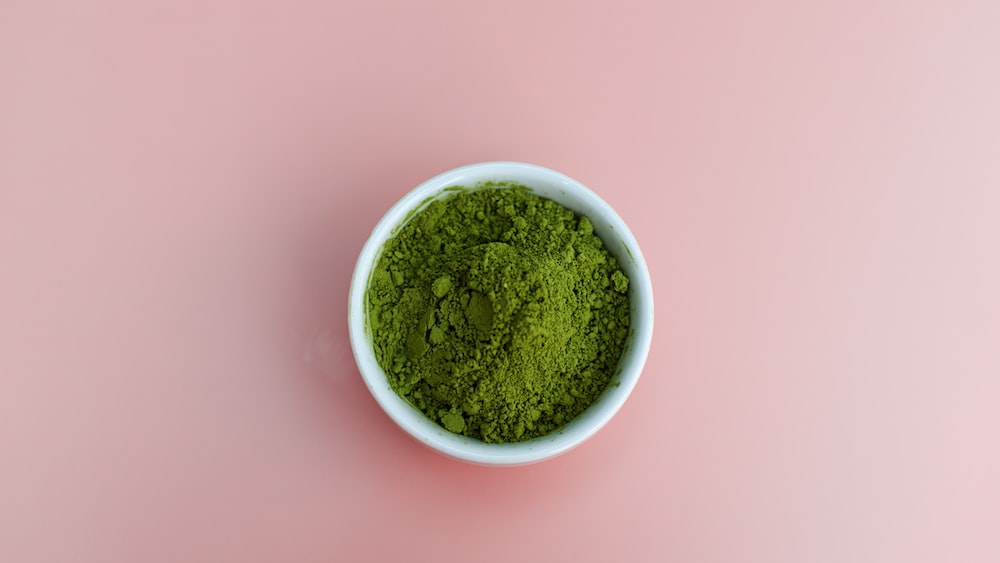
3. Are there any specific brands of matcha tea recommended for pregnant women?
As for specific brands of matcha tea for pregnant women, it pretty much boils down to personal preference and ensuring the brand adheres to quality standards.
4. Can matcha tea help with pregnancy-related skin issues like hormonal acne or stretch marks?
Matcha tea may provide some skin benefits due to its antioxidant properties. However, its impact on hormonal acne or stretch marks isn’t extensively validated.
Conclusion
Well, ladies, we have spilled the tea on matcha and pregnancy. There is no ‘one answer fits all’ here. It’s about moderation, quality of the tea, and above all, understanding your body’s response to matcha green tea or even matcha boba tea during pregnancy and beyond. Believe me; it’s a journey, like going on an unexpected adventure with Bilbo Baggins.
Brew your thoughts on this, have a chat with your healthcare provider, and begin exploring the matcha path suited to you. Ladies, here’s to blissful sipping, beautiful pregnancies, and delight-full postpartum days!
As I sign off and sip some warm, comforting matcha, remember, you’re in the process of creating and nurturing life. So, listen to your body, indulge in self-caree and let your inner radiant self-shine. Can’t wait for you all to join me again on our next tea-adventure!
With love, and a warm cup in hand, Zoe.

